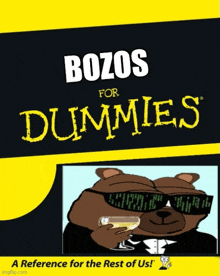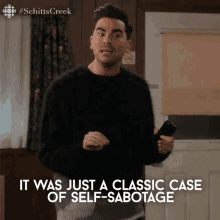Counter to my high expectations and best intentions, this game and I didn’t really connect. The best I can say is it was okay. I think it was Heavy Cardboard that said reviewing this game depends on how well you’ve figured it out, which makes it a true puzzle. And as you can see from my opening line, I didn’t really figure it out. That’s just the way the cookie crumbles sometimes! I played Salton Sea four times at both solo and two player counts. And while I liked the idea of a dry, economic, industrial euro-type game, the truth is I was frustrated a lot of the time.
Salton Sea boils down to a worker placement and resource management game. And frankly, it boils down rather quickly, as the theme doesn’t run very deep. It’s set in the geothermal Salton Sea region of California, where players manage lithium extraction companies and sell it on a market that fluctuates, much like my attention span in the second hour of the game. The idea is to lead the push for renewable energy by strategically placing your engineers and developing your company.
Embarrassingly, for a casualty of the California public school system like myself who hardly learned any basic regional history at all, this game did some belated and necessary Salton Sea For Dummies work. I had literally never heard of this place, despite growing up within the state!

There’s a helpful info section in the beginning of the rulebook talking about some of the Salton Sea’s history. Wikipedia illuminated me further (the research mainstay of any self-respecting student) and the gist of it is that decades ago, water from the Colorado River was diverted to the area to create this lake. Over time, the lake’s water levels fluctuated due to reduced inflows (primarily agricultural runoff and changing water use policies) which worsened the environmental condition. It caused increased salinity which killed the fish and bird population. It also caused toxic dust from the agricultural runoff to spread, leading to significant health problems for the locals like asthma. And finally ecosystem collapse, and a loss of economic opportunities like tourism and fishing. Seems like a real bummer.
The game isn’t really about all that though. It’s purely an economic euro that just happens to have a Salton Sea setting. I do appreciate how tightly all the systems in the game are woven together. Your resources include brine (yay?) and engineers. Want to make some lithium? Great! You’ll need contracts, engineers, and about seven years’ worth of bureaucracy to make that happen. With each turn, you’re taking an available engineer and either placing it on your board, which provides a weaker action, or playing your engineer onto one of your cards to take a stronger action. However, your action cards also function as your money, so you have to choose to spend it and lose the card or use the action but not get the cash.
You can purchase cards from the market but when you do, the market doesn’t get replenished until the end of the round, making the game even tighter. Every action and every card is important all of the time so you’re making some tough decisions. The cards include actions, cash, research opportunities that give nice boons, and contracts. The consequence of one turn can be huge potentially, and for me this led to some analysis paralysis. Unfortunately, all that thinking didn’t even help me in the end.
Salton Sea also has a fairly low level of interaction. I’d probably call it multiplayer solitaire, especially at two players. With more players, you’re putting more of a dent in the card market each round but even so, you can’t really actively harm someone else’s game. I did more harm to myself than anyone else, tbh.

Ultimately, I found the game a little boring. The theme of renewable energy is unique but I didn’t really feel immersed in the setting. Even a little flavor text on the market cards might have helped with this. I like a dry euro now and then but maybe this was a little too dry. I just don’t really have the desire to go back to it. It felt procedural and less engaging than I typically like. In the right hands, there’s a lot of solid game in a tiny box and plenty of replay value- in my hands, it was like watching Titanic on repeat, knowing the ship is going to sink but still holding out hope that maybe this time the iceberg will miss.